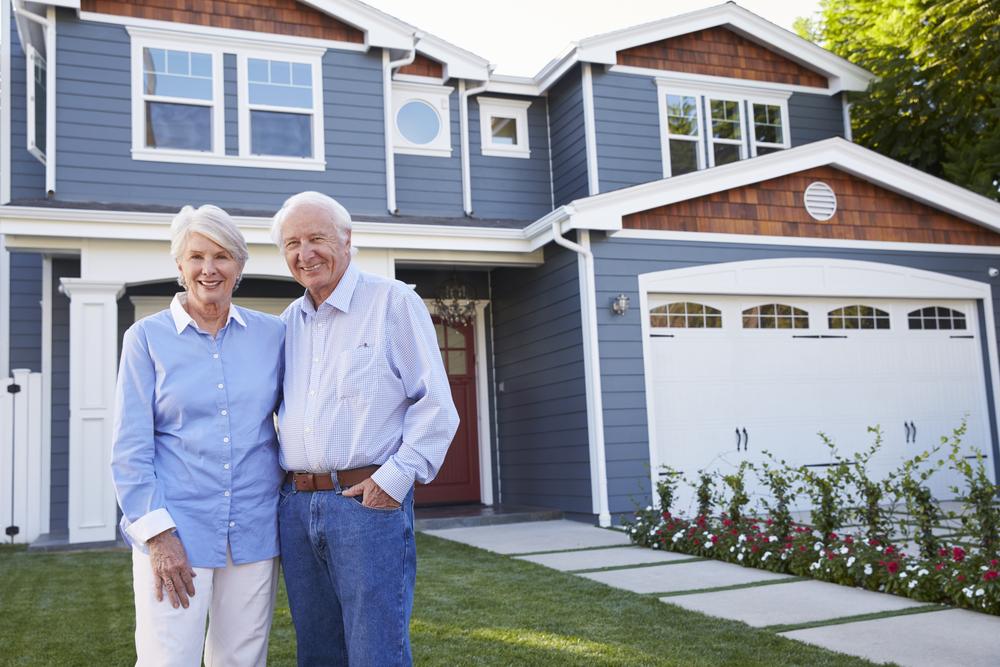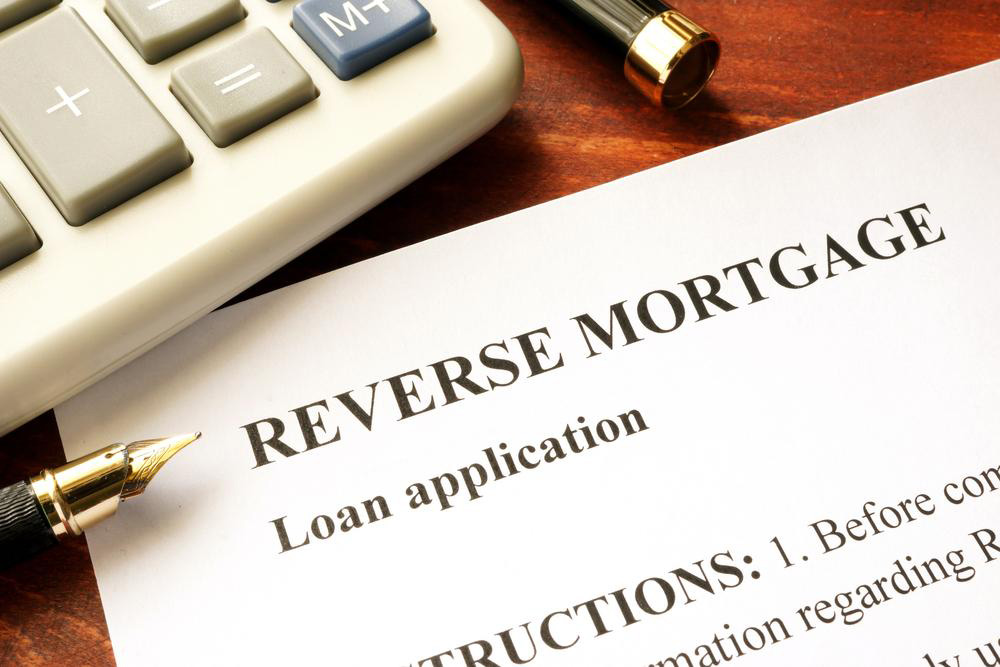Essential Considerations for Securing a No-Ratio Home Loan
Explore the critical factors when considering a no-ratio mortgage, including self-employment criteria, deposit requirements, and associated risks. Learn how to prepare and assess your eligibility for this unique loan option with fixed interest rates and high equity expectations. Stay informed about market trends and best practices for securing a no-ratio home loan, ensuring you're well-equipped to make confident decisions in your property journey.

Essential Considerations for Securing a No-Ratio Home Loan
A no-ratio mortgage, also known as debt-to-income mortgage, is a specialized loan arrangement between an applicant and lender. This type of loan carries significant risk for both parties. It is typically suited for individuals who prefer not to disclose their income or financial documents publicly. If you're contemplating a no-ratio mortgage, here are seven key factors to evaluate before proceeding.
Self-Employment Status
To qualify for a no-ratio mortgage, you generally need to be self-employed. Unlike salaried individuals with fixed incomes, self-employed applicants often have variable earnings. Confirm that your employment status aligns with these requirements.
Credit Evaluation
Traditional lenders do not assess your credit score or financial history when offering a no-ratio loan. Your credit might be zero, and it won't affect your approval chances. Don’t worry about credit scores during this process.
Initial Deposit Requirements
Since your credit background isn’t a factor, lenders focus on your available funds. Typically, a down payment of 35-40% of the property's value is necessary upfront to qualify for a no-ratio mortgage.
If you've saved enough to cover 40% of the property's cost, you meet the capital requirements for the loan.
Reserve Funds
Beyond the sizeable initial payment, you should have enough savings to cover the first 12 months of mortgage payments. Providing documented proof of your savings and payment capability can facilitate approval for your no-ratio mortgage.
Additional Resources: 10 Tips for Securing a Mortgage
Interest Rate Expectations
Interest rates on no-ratio mortgages tend to be slightly higher than conventional loans. However, they are fixed and predetermined, usually about 0.5% above current market rates. These rates do not fluctuate with market changes.
Home Equity Percentage
The higher your home equity, the better your chances of loan approval. Substantial equity demonstrates your ability to repay and mitigates lender risk.
Inherent Risks
Since the borrower’s documentation is minimal, lenders face uncertainty about repayment capacity. Self-employed borrowers also carry the risk of income instability, which could impact repayment.
Stay Informed on Mortgage Trends
Follow us for updates on mortgage options and industry news. Stay connected on Facebook and Twitter for investment insights.










